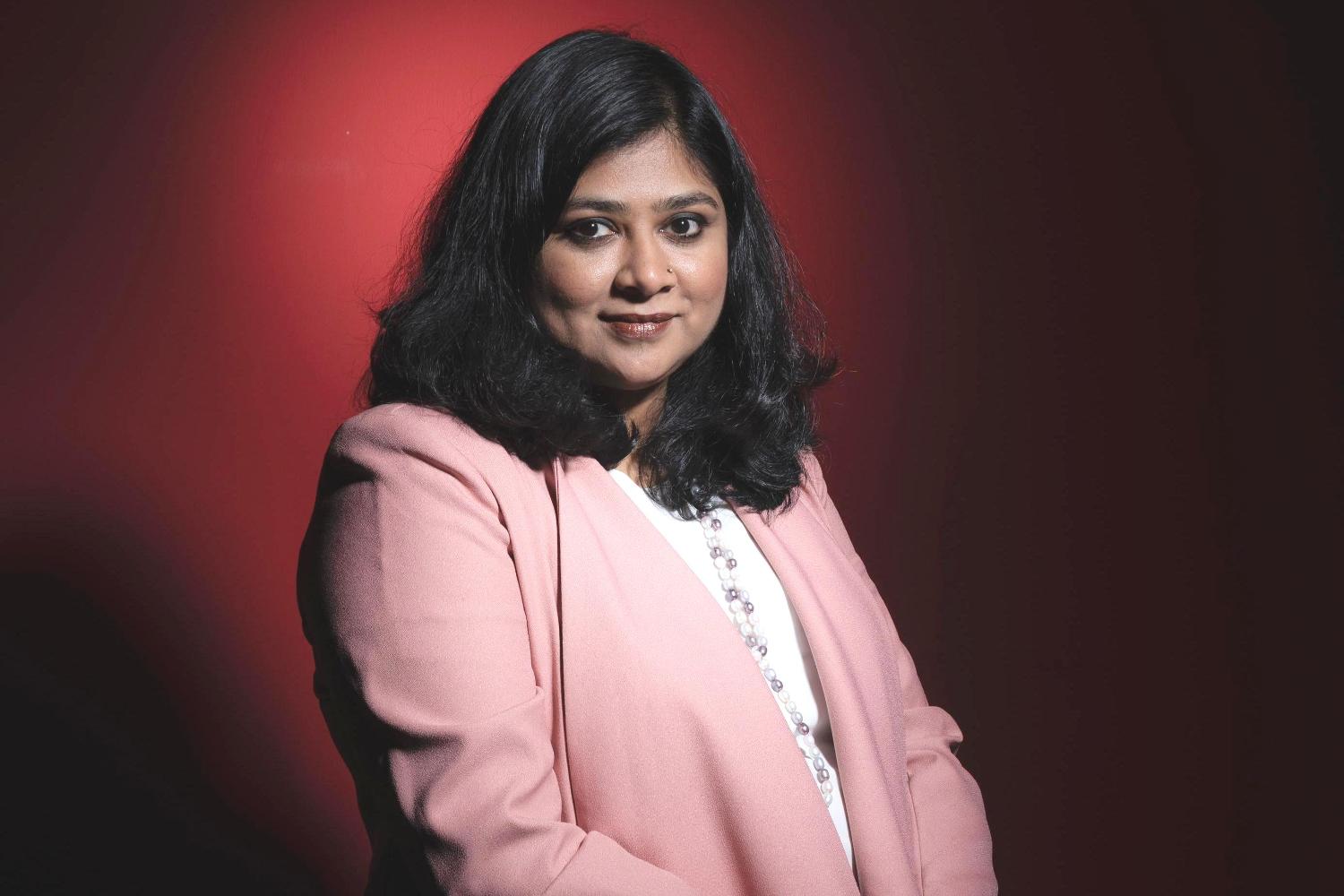Zomato, a prominent name in India’s online food delivery sector, is making strides in inclusivity and empowerment for persons with disabilities (PwDs). Honoured with the National Award for Empowerment of Persons with Disabilities by the Ministry of Social Justice and Empowerment, Zomato has onboarded over 1,500 delivery partners with disabilities since December 2022, in collaboration with NeoMotion Assistive Solutions. Equipped with customized assistive devices like 'NeoFly' wheelchairs and 'NeoBolt' motorized clip-ons, these partners have collectively completed over 2.2 million deliveries across 50 cities, creating a ripple effect of empowerment and societal change.
In an exclusive conversation with Ms. Anjalli Ravi Kumar, Chief Sustainability Officer, Zomato, we delve deeper into how this initiative reflects the company’s vision for workplace inclusion, the challenges of integrating persons with disabilities into its workforce, and the profound impact on employees and communities alike.
Read on to discover how Zomato is redefining diversity and inclusion in the corporate landscape.
Q&A
Q. What inspired Zomato to focus on empowering persons with disabilities, and how does this initiative align with your overall CSR and DEI strategy?
A. At Zomato, we are committed to fostering a truly inclusive environment, aiming for 50% representation of individuals from diverse backgrounds (including women, LGBTQIA+ individuals, people with disabilities, and veterans) among our employees, stakeholders, and beyond.
We collaborate with leading organizations to enhance the working experience and opportunities for PwDs. Zomato’s livelihood project for PwDs, conceived in collaboration with NeoMotion Assistive Solutions, exemplifies this commitment. Launched in December 2022, the project empowers individuals with disabilities to join as delivery partners using customized "NeoFly" wheelchairs and "NeoBolt" motorized clip-ons.
Q. Can you elaborate on the scope and impact of the livelihood project for persons with disabilities?
A. The livelihood project has created meaningful employment opportunities and fostered societal change. The program now includes over 1,500 delivery partners with disabilities across 50 Indian cities, including New Delhi, Bangalore, Mumbai, Bhopal, Jaipur, Chandigarh, Agra, and Lucknow. This group comprises approximately 1,110 individuals with locomotor impairments and 400 with hearing and speech impairments. Together, they have completed over 2.2 million deliveries.
Q. Could you share a success story of an employee with a disability whose life and career have significantly improved as a result of this initiative?
A. Fiza, a delivery partner from Bangalore, is a testament to the program's positive impact. She shares, "My mother often worried about my well-being, but I was confident and onboarded as a delivery partner with Zomato. Customers encourage me on my journey. I feel liberated now that I have stepped out after 11 years. I pay my own bills now."
Q. How is Zomato addressing potential systemic barriers that might hinder the full integration and career progression of employees with disabilities?
A. Integrating persons with disabilities into our workforce presented challenges, such as initial reluctance among new partners and a lack of awareness among staff, restaurant partners, and customers. To address these barriers, we implemented:
• A shadowing program for new delivery partners.
• Daily check-ins to boost confidence.
• Sensitization and awareness sessions for all stakeholders.
Additionally, customers and restaurant partners are notified via the app when a delivery partner has a disability, encouraging them to offer assistance.
Q. What initiatives have been implemented to foster an inclusive work environment at Zomato?
A. Our Equal Opportunity, Diversity, and Inclusion Policy, aligned with the Rights of Persons with Disabilities Act of 2016, mandates a culture of equality and inclusion. Key initiatives include:
• Physical modifications in our Gurugram office (ramps, accessible restrooms, elevators).
• Flexible work arrangements and tailored support for employees with disabilities.
• Gender-neutral restrooms and support groups like ‘Out & About’ for the LGBTQIA+ community.
To raise awareness, we share inspiring stories of PwDs thriving at Zomato and actively participate in discussions, webinars, and collaborations with disability rights organizations.
Q. How do you ensure that assistive devices provided to employees are maintained and upgraded to meet their evolving needs?
A. We work with NGOs and philanthropic initiatives to secure sustainable funding for device maintenance and enhancements. Regular feedback is gathered from delivery partners to inform ongoing improvements.
Q. How do you plan to measure the long-term impact of this initiative on employee retention, productivity, and overall job satisfaction for individuals with disabilities?
A. We continuously monitor performance metrics like retention, customer feedback, and job satisfaction. Delivery partners with disabilities frequently receive high customer ratings (4.5–5 stars), showcasing their contributions and the initiative’s success in shifting societal perceptions.
Q. How does Zomato leverage the unique perspectives and skills of employees with disabilities to drive innovation within the company?
A. We believe the diverse experiences of employees with disabilities drive creativity and problem-solving. Programs like mentorship, upskilling, and family support are designed to unlock their potential and ensure career progression.
Q. In what ways is Zomato working to raise awareness about the potential of individuals with disabilities and challenge societal stereotypes?
A. Customer interactions with delivery partners frequently challenge long-held stereotypes about disability, resulting in positive feedback and societal shifts. Through webinars, discussions, and inspiring storytelling, we aim to change perceptions on a larger scale.
Q. What are Zomato's plans for scaling this initiative and expanding its scope to include other marginalized groups?
A. Our vision is to grow the delivery partner program for persons with disabilities to over 5,000 and create an inclusive last-mile delivery ecosystem. We also aim to expand our DEI initiatives to include other marginalized groups, fostering a truly diverse and inclusive workplace.


















.jpg)



